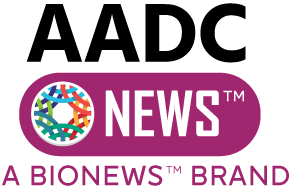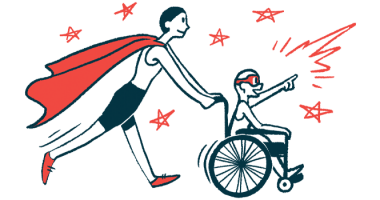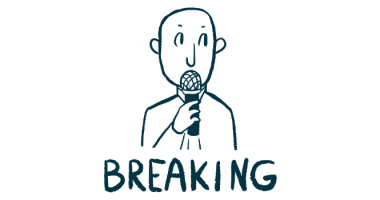RTW Charitable Foundation to Fund Therapy Pipeline for Rare Diseases

The RTW Charitable Foundation will offer grants up to $150,000 per year to develop therapeutics for ultra-rare diseases, including aromatic l-amino acid decarboxylase (AADC) deficiency.
The foundation, which supports research that may not have strong commercial backing, provides capital, human resources, and logistical support to help scientists accelerate such projects. They also assist in patient advocacy, disease awareness, and support for patients and their families.
Projects that fall within the scope of the funding priorities include those that develop therapies for diseases caused by defects in single genes, or monogenetic diseases, that affect less than 2,000 people, such as AADC deficiency, which has about 120 cases reported so far.
AADC deficiency is caused by mutations in the DDC gene, which encodes the enzyme, aromatic L-amino acid decarboxylase, that’s needed to make dopamine and serotonin. These two nerve cell signaling molecules, called neurotransmitters, are involved in various biological processes, from digestion to regulating mood and coordinating movement.
Symptoms of AADC deficiency can vary substantially from person to person, but in most cases, symptoms are severe and occur within the first year of life.
Affected children usually do not meet developmental milestones such as crawling, sitting up, crawling, or talking, and have abnormal muscle tone, movement disorders, or uncontrolled muscle contractions. Nearly all AADC deficiency patients experience oculogyric crises when their gaze becomes fixed upward.
Foundation funding will go to rare diseases with a high unmet medical need, with limited or no standard of care or other treatment options. Currently, there is no cure for AADC deficiency, but a few treatments are available to alleviate some of the symptoms and improve quality of life.
The foundation will also consider funding proposals for diseases with limited ongoing commercial programs for treatment development. With AADC deficiency, the Ohio State University College of Medicine is working to advance a directed gene therapy, and PTC Therapeutics is the only company sponsoring the PTC-AADC gene therapy program, which is developing a treatment designed to replace the defective DDC gene with a functioning copy and restore AADC enzyme production.
Additional funding factors include a high benefit-to-risk ratio to justify the proposed therapeutic, whether there is a clinically meaningful outcome that can be measured as a clinical-trial outcome, and whether a therapeutic window exists to reach the outcome. Lastly, there must be a viable path to patient recruitment for a first-in-human clinical study.
Researchers who believe their work may lead to the development of new therapies can follow this link and send a short description of their project. Applications are being accepted on a rolling basis.








